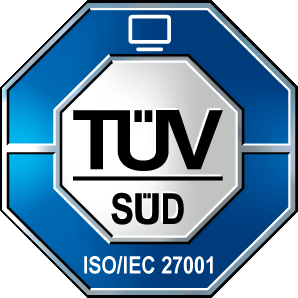Introduction
Electronic Health Records (EHRs) have been a mainstay of contemporary healthcare, allowing practitioners to document, store, and retrieve patient information. Conventional EHR systems, however, are typically adding to clinician workload, inefficiency, and broken-down workflows. Because the healthcare industry requires smarter and improved solutions, Artificial Intelligence (AI) is surfacing as a game-changer. The use of AI in EHRs is not only likely to computerize mundane processes but also enhance decision-making, reduce the incidence of medical mistakes, and enhance the quality of care.
Importance and Uses
The importance of AI in EHRs lies in the fact that it can turn raw data into useful, actionable information. Some of the applications of AI include NLP for voice-to-text documentation, predictive analytics for patient risk stratification, and intelligent decision support systems for treatment advice or for alerting abnormal results. AI may be applied to medical coding, scheduling automation, and clinical workflow monitoring to identify bottlenecks. These capabilities raise the role of EHRs from passive repositories of data to active tools.
Benefits
AI use in EHRs has multiple advantages across the health care continuum. Clinicians can automate administrative and documentation work and thereby reduce time usage and burnout. Clinical decision-making is accelerated and evidence-based by AI-driven alerts and recommendations, and patient outcomes are also enhanced as an outcome. The health systems themselves gain enhanced efficiency, reduced errors, and better billing and coding. Patients themselves receive more organized, timely, and individualized care, which they feel as increased satisfaction and trust in the health care process.
Potential Disadvantages
For all its promise, AI infusion into EHRs can also be a drawback. A chief one is bias in the AI algorithms, particularly if data on which they are trained are inadequate or representative. Overdependence on AI can also result in complacency or diminished critical thinking among clinicians. Concerns regarding privacy and security increase with greater amounts of sensitive patient information being handled by sophisticated systems. AI solutions will be expensive and technically challenging for healthcare organizations that have legacy EHR systems to implement. Future Improvement
In order to gain the maximum achievable potential of AI in EHRs, future innovation needs to work towards achieving as high a level of explainability, transparency, and trust in AI systems as possible. That is, algorithms that clinicians can read andaudit andmaking AI tools learn from representative and diverse data sets. Increased interoperability between various systems of EHR will also be required to enable the exchange of data with ease. Ongoing input from users as well as collaboration between clinicians and technologists will be most essential in developing AI tools that augment clinical workflows.

Future Improvement
In order to realize the maximum potential achievable in AI in EHRs, innovation going ahead will have to aim for achieving as high a level of explainability, transparency, and trust in AI systems as possible. That is, creating algorithms that are readable and auditable by clinicians and making sure AI tools are trained on representative and diverse data sets. Greater interoperability between various EHR systems will also be required to enable data sharing seamlessly. Ongoing user input and interaction between clinicians and technologists will be most vital in developing AI solutions to improve clinical workflows.
Conclusion
AI has the potential to re-engineer the future of EHRs from being static repositories of data to becoming active open collaborators in patient care. With automation of processing and real-time feedback, AI can possibly make healthcare practitioners more efficient and safer to practice. Tactful deployment, moral deployment, and continuous adaptation are needed to overcome hindrances and create trust in AI-based systems. As more sophisticated healthcare technology will prevail in the future, AI use for EHRs will be a move towards more intelligent, secure, and patient-centered care.









